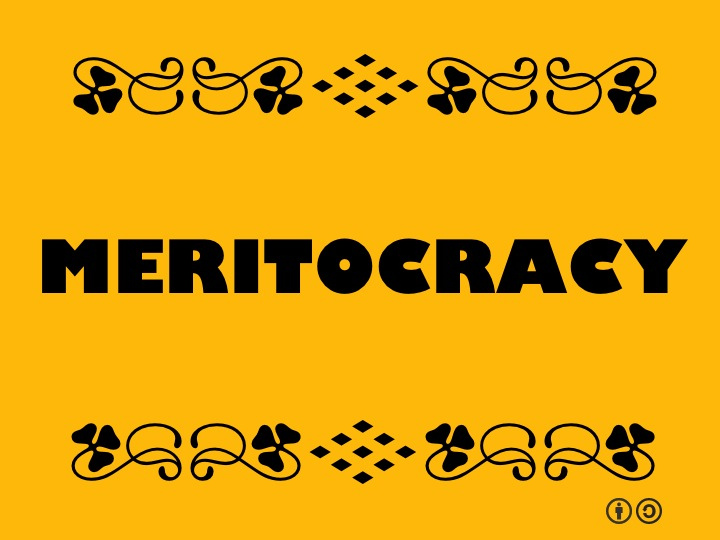The concept of “rags to riches” characterizes the American dream — encouraging us to marry our jobs, make sacrifices and even sweat blood all in the name of achieving upward social mobility. It’s the average American’s hope of attaining this dream that drives him to work hard.
Many like to think that the U.S. is a meritocracy, in which one’s efforts determines his success. There’s this mentality that working hard pays off and that our system rewards those who work hard. This seems to be a fair system, until one considers that perhaps such a system does not actually exist here.
It’s not far-fetched to think of the idea of an American meritocracy as an illusion. The saddest thing to see is someone running in place — someone who’s spent his entire life working hard only for it to amount to nothing. In this great nation, not all of us can succeed, and even worse, not all of us are expected to succeed. Arguably, it’s the nature of capitalism to encourage ingenuity and progress, while simultaneously encouraging self-sacrifice and masochism in the form of 40-plus-hour work weeks. In an economic system that’s rooted in exploitation, it’s expected that there are some who will exploit while others will be exploited. In short, not everyone will be able to achieve the American dream, and that’s the only way to perpetuate capitalism.
Those who staunchly believe that the U.S. is a true meritocracy — faulting the needy for their poverty and the disenfranchised for their own marginalization — fail to see that individuals don’t have the same life outcomes, even in a land that prides itself on equal opportunity. In other words, not everyone starts off on the same playing field, and as a result, some individuals are more likely to be successful while others are less likely. It goes without saying that your life outcomes depend on aspects of your identity that either work in or against your favor when you’re seeking certain opportunities. This might mean that you must have the right skin color, be the right gender and have the right socioeconomic background if you want to land that executive position.
Furthermore, some individuals get ahead in this country because of who they are rather than what they can do. Nepotism is the natural enemy of a meritocracy, and nepotism abounds in America, even more so in our university acceptance system. There’s nothing wrong with fostering networks and building social capital, but it’s important to note that some of us have family or friends who hold high positions in high places, while some of us do not.
Nevertheless, America is the land of opportunity. One can even venture as far as to say that all 50 states mean 50 different opportunities. The country is a relative meritocracy, but some of us have to work harder than others to reach a similar level of success. This is why it’s important for one to capitalize on his strengths, build networks, forge meaningful alliances and leverage surrounding resources to realize one’s full potential. It’s important to keep in mind that there’s an element of luck attributable to success. Those who go from dire poverty to extreme wealth are living embodiments of American exceptionalism.
Interestingly, people associate the American dream with a reversal of fortune for the better. However, it isn’t unlikely for some to go from “riches
to rags.”
Mariyam Sheidu is a senior physiology and neurobiology major. She can be reached at sheidum@gmail.com.



